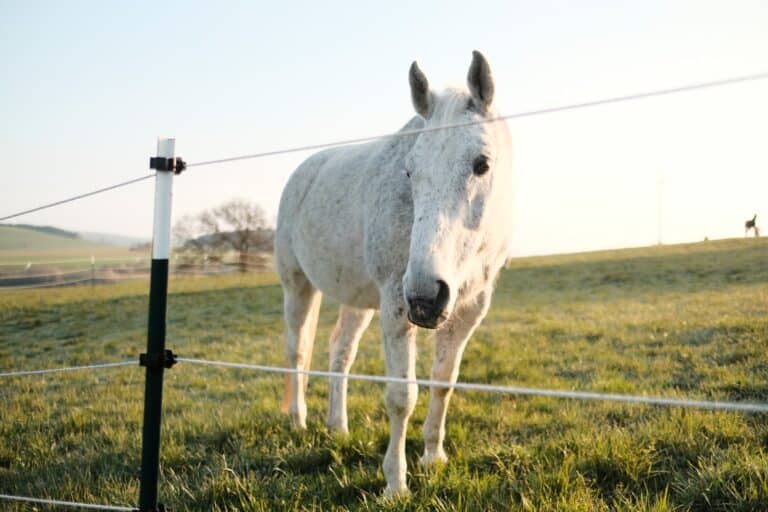Miyamoto Musashi explains how to practise fighting
The customs of the samurai are characterized by fighting and disciplined practice. It is therefore not surprising that there is a quote from the most famous samurai, which takes up both themes:
"You can only fight the way you practice."
- Miyamoto Musashi
In this article we will take a closer look at why the teachings of Miyamoto Musashi are relevant for us in the West and what the meaning of this quote is. At the end you will find links to various other quotes from this man.
Beforehand, said very briefly:
In this quote, Musashi points out that without practicing a fighting style, his students will not be able to use it in an emergency. The disregard of this circumstance and the attempt to use such a type of combat nevertheless in duel or battle leads to defeat.
We'll take a closer look at how you can apply this quote to your life (which hopefully isn't defined by fighting with the intent to kill) in this article.
The significance of Muashi's teachings for us in the West
Miyamoto Musashi (1584 - 1645) is considered a legendary samurai in Japanese culture. And the fascination of this man has also reached us in the West.
His achievements are promising and based on his beliefs and practices. These he recorded in his teachings, which he disseminated in his school, known as Niten Ichiryū (jap. 二天一流, in German "The One School of the Two Heavens").
With the increasing interest in Far-Eastern teachings (such as Zen and Buddhism) in the second half of the 20th century, the teachings of the samurai also gained attention. Thus accordingly also Muashi's teachings.
It was quickly noticed that despite the cultural differences, the teachings are also valid in our country and their practices can also be applied to our use cases.
For example, corresponding teachings are often found in (but not limited to) management courses. An example of this is, for example, "The Art of War" by Sun Tzu.
One possible explanation why we can benefit so much from these teachings and philosophies is that while we have produced many great thinkers, as a society we are often too concerned with external circumstances and effects and work less on and with ourselves.
The closer meaning of the quote about fighting without practice

As mentioned above, in a sword fight, for example, it is fatal to resort to a style that you have not practiced.
To understand how you can benefit from this seemingly obvious tip, let's take a quick look at why Musashi felt it necessary to explicitly write it down in the first place:
The underlying problem is not that we don't know that you shouldn't fight in a way that you're not skilled in. Rather, the difficult thing is not to let yourself be forced into a way of fighting in the heat of the moment that you are not proficient in.
Now the reason for the quote should already have become much clearer.
So - as so often in Muashi's teachings - it is not only about disciplined training, but also about restraint and prudence.
To be appropriately successful in this regard in the fight, there are essentially factors:
- Be skilled in the kind of battle you wage
- Recognize when a way of fighting is being forced upon you that you are not skilled in
Transferred to our modern life, these words of the samurai behave as follows:
This quote from Musashi admonishes that without practice of certain skills, we cannot fall back on them when needed. What sounds plausible is often neglected in practice and one tends accordingly to try to use skills that have never been acquired for lack of practice.
You may also know situations where you are either too emotional or stressed and therefore find yourself in an unhappy position.
But there are also situations in which you simply find yourself in such an unfavorable position due to a misjudgment:
Some examples from our world are:
- Researchers on talk shows who are strong in their subject matter but not very eloquent suddenly have to argue with rhetorically highly trained speakers from an industry association.
- People who are suddenly in charge of an area without any professional qualifications. This can be the case, for example, in companies or in politics - the classic example is ministers who have no expertise whatsoever in their field.
If we are on the outside, such circumstances are often easy to identify. The reason is that on the one hand we judge more rationally (1) and on the other hand we look at things as a whole (2).
- From the former we can use in our own struggles, not reacting emotionally, but using the analytical thinking that has brought man so far.
- But the latter is also extremely helpful (and often conducive to the previous point). Taking a step back - whether mentally or physically - helps in most cases to make a better assessment. Musashi therefore, unsurprisingly, addressed this in his teachings as well. I have a Articles for youabout an appropriate quote from him that deals with this very topic.
If you take these two points into account, you will be able to avoid getting into unpleasant positions in the vast majority of cases, but you will always at least be aware if you are fighting in a way that you are not practiced in. 🙂
If you are looking for more quotes from Miyamoto Musashi and attempts to explain their meanings:
- "Fixation is the way to death. Fluidity is the way to life."
- "Learn to look at the situation you're in as a whole."
- "Accept everything as it is."
- „There is nothing outside of you that can make you stronger, richer, faster or smarter. Everything is within you. Everything exists. Do not seek anything outside of yourself.„
- "Respect Buddha and the gods without counting on their help."
Did you like this article? You can let us inform you about new articles:







